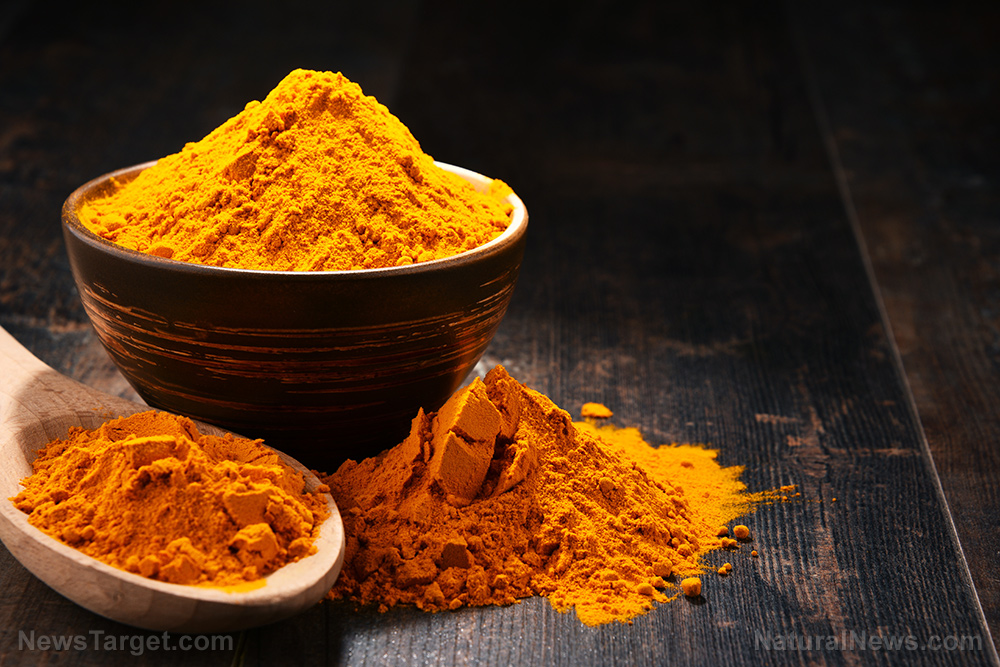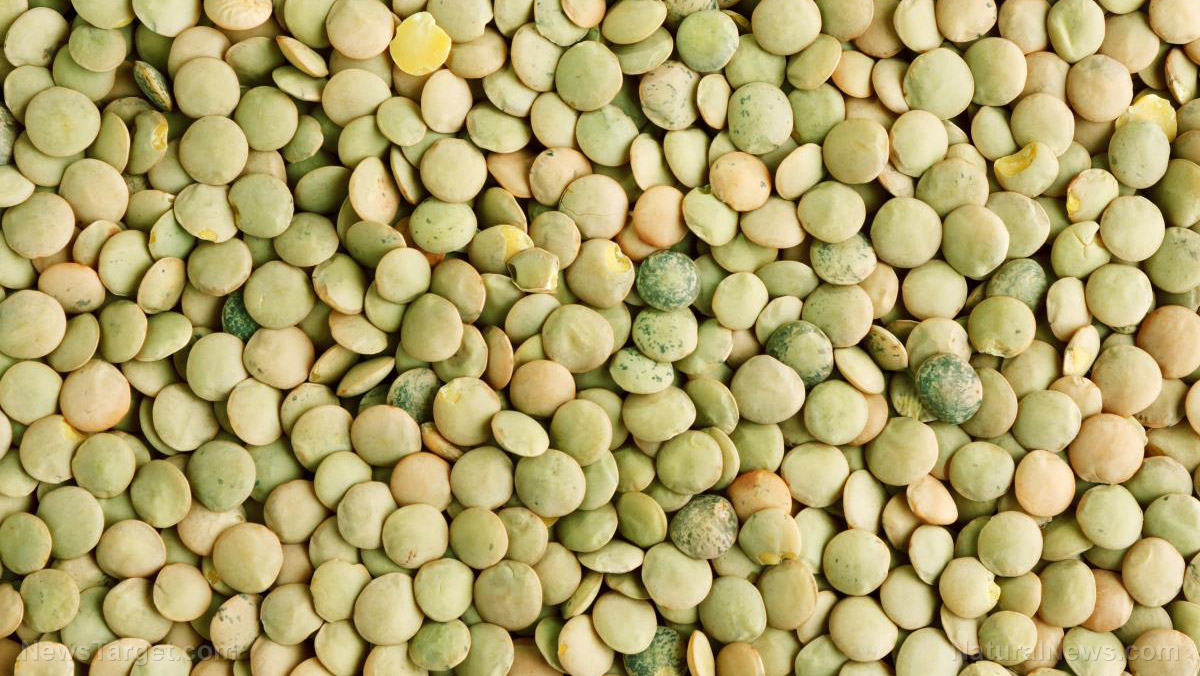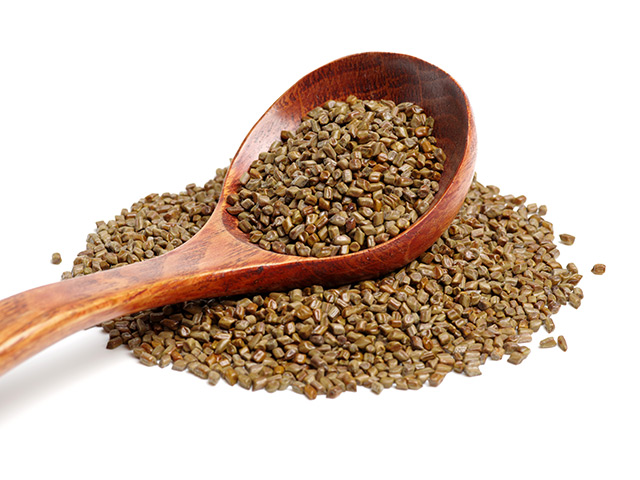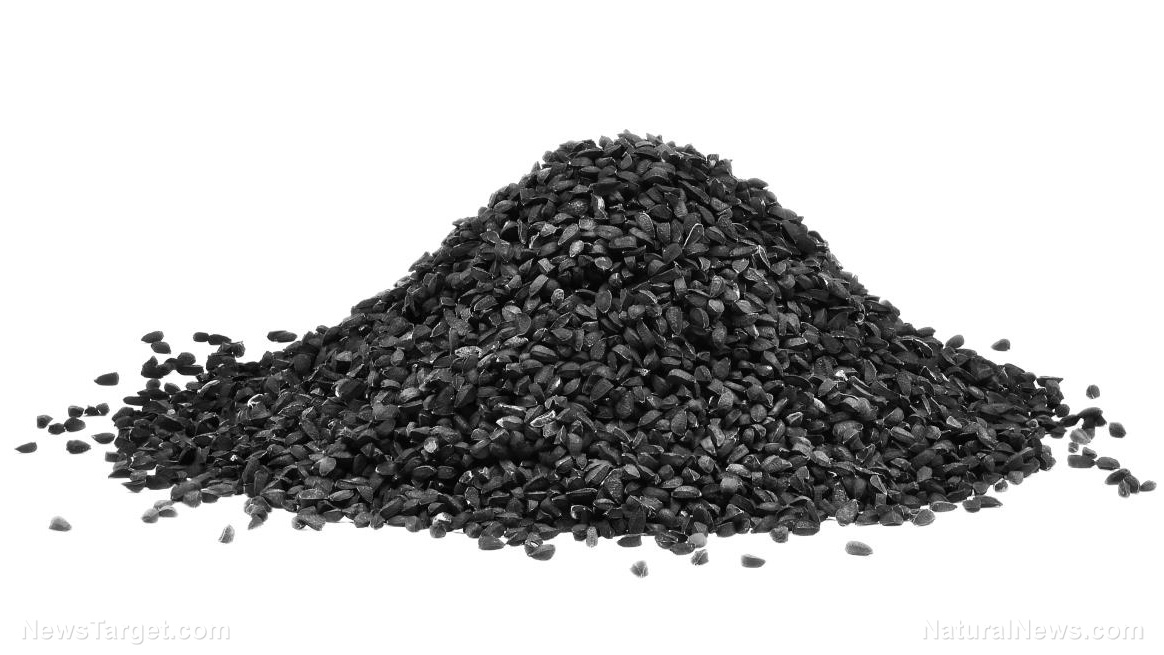Sugar isn’t the only problem with breakfast cereals; lack of nutritional value and pesticide toxins also harm health
12/20/2017 / By Ralph Flores
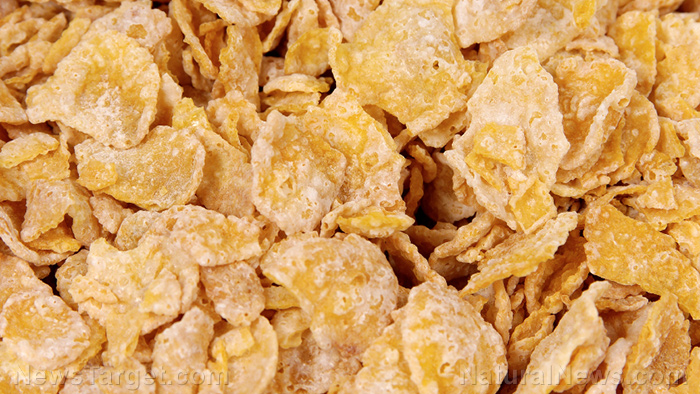
Faced with increasing demands for healthier breakfast alternatives, the Kellog Company, the parent company for the Kellogg’s cereal brands, has announced that it will curb sugar content for its top three children’s cereals by between 20 to 40 percent starting next year. According to Oli Morton, managing director of Kellog’s U.K., the move is due to consumer demands “for a healthier way to start the day.”
The announcement was welcomed as a step in the right direction by various consumer groups; however, the company’s efforts in providing healthier options for its customers should not stop there, according to the health group Action on Sugar.
In a press release, the group states that this action is “just a start” and that if manufacturers wanted to give their consumers a really healthy way to start the morning, then they should reduce the sugar content in “ALL their products.”
Still, despite the increasing demands of consumers for healthier alternatives to salt and sugar, adjustments made by big food companies were cosmetic at best and did nothing to address the issue, according to a report by the Washington Post.
In the report, it states while companies have removed sodium and added sugars, as well as artificial colors and additives for some products, there’s been an increase in the amount of saturated fats, which could raise cholesterol levels in the blood.
This is the challenge of reformulating packaged food, experts say. “Historically, we’ve tended to focus on one element of the equation at a time: salt or sugar or fat,” investigative journalist Michael Moss explains. “They could respond to one of those things pretty easily. But all three is quite difficult.”
The results of the report reaffirm this pattern: While breakfast cereals, along with yogurts and snacks, have seen decreases in sugar and salt content. However, saturated fat contents for these products have notably increased. According to the American Heart Association, saturated fats raise the cholesterol level in your blood, and may increase your chances of heart disease and stroke.
In addition to this, breakfast cereals often tout health claims that can be misleading to consumers. Words such as “low-fat” and “whole grain” are found strewn across boxes everywhere, but these do not change the fact that these additions do not affect the product as these have already been loaded with added sugars and other refined carbohydrates during its production. These claims are reinforced by food marketing strategies that are primarily targeted to kids. A study shows this can also be a factor for child obesity as well as other dietary illnesses. (Related: Which cereal brands are whitewashing their GMO-ridden, pesticide-laden products as ‘natural’?)
Not only that, but breakfast cereals must also be free of potential toxins that could have long-term effects on cognitive development and bodily function. A recent article in The New York Times reported high levels of arsenic in rice cereal – which is commonly the first solid food babies eat. The information, published by the nonprofit group Health Babies Bright Futures, noted that cases, where the toxic substance is found in food products, had dipped in recent years. However, rice cereals still contain six times more arsenic than other types of cereals made with oatmeal or barley. High levels of exposure to arsenic can lead to multiple cancers — such those of the skin, bladder, and lungs. When children are exposed to arsenic, this can result in learning difficulties and behavioral disorders.
The process of reducing sugars in breakfast cereals will be monitored by Public Health England. Initial results of the process are expected to be released in March 2018.
To learn more about how added sugars in cereal products can prove to be disastrous, head over to FoodScience.news today.
Sources include:
Euro.WHO.int [PDF]
Tagged Under: added sugar, arsenic, breakfast, cereal, saturated fat, sodium, sugar







